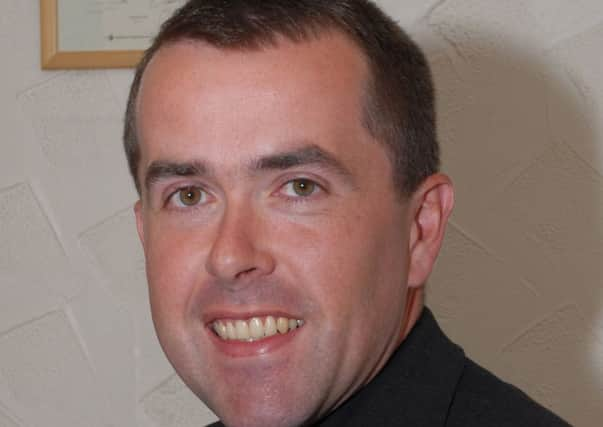A good education doesn’t come cheap


For those pupils who intend to progress on to a university course, it is going to be an expensive time. Annual fees of £9,000 per year have now become the norm instead of only being charged in exceptional circumstances, as was originally promised.
Individual universities do offer lower rates for local students. University of Ulster courses, for example, for 2014/14 will cost £3,685 per annum for Northern Ireland students. It may be unwise, however, to rely on this subsidy continuing in the long-term as pressure mounts on local finances.
Advertisement
Hide AdAdvertisement
Hide AdWith many pupils wanting to take courses run by Scottish or English universities, these sorts of discounts will not apply to them and the annual cost is likely to be closer to £9,000. Figures from the National Union of Students also show that the average cost of a basic room in university accommodation is £3,980 per annum and the average cost of books and other expenses is just over £1,000 per annum.
The cost of the tuition fees and up to £4,840 of living costs per annum can be covered by the student loan scheme. www.nidirect.gov.uk/student-loans is a great resource for all the technical information on how the student loans system works, how they are means-tested and how they are repaid.
For those who don’t want their children to graduate with over £42,000 of debt, then the sooner money is set aside, the more can be saved for education costs. If the money can be spared, then by saving the child benefit from birth to age 21, a sum of over £22,000 can be put away. If invested wisely, growth and interest over such a long time period on top of saving this amount should help to cover a significant proportion of a university education.
While Junior ISAs can be used for this purpose, many parents or grandparents prefer to keep control of the money and would use an education trust, or their own individual ISA allowance instead.
Advertisement
Hide AdAdvertisement
Hide AdDavid Hill is a Chartered Financial Planner and Independent Financial Adviser at Hills Financial Planning, 15 Agnew Street, Larne. He can be contacted on 028 28276814 or by email: [email protected]